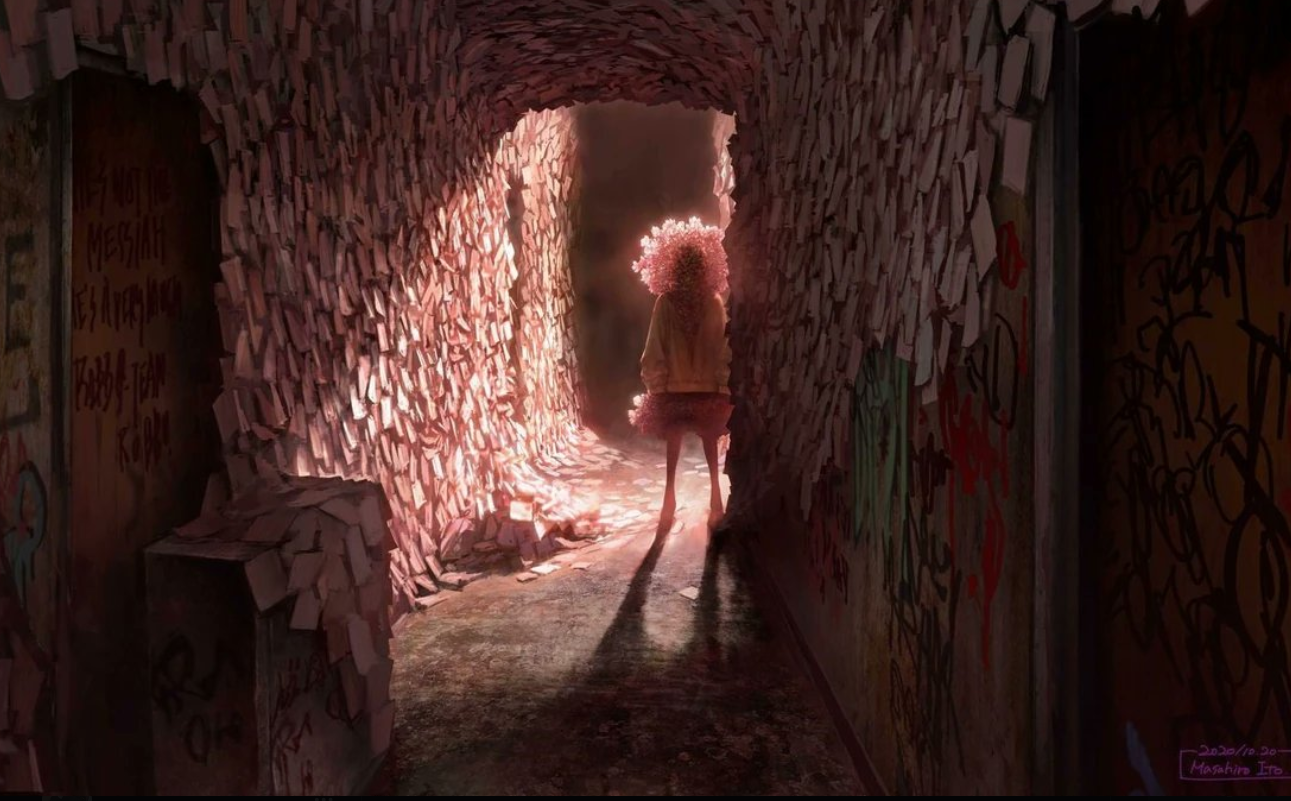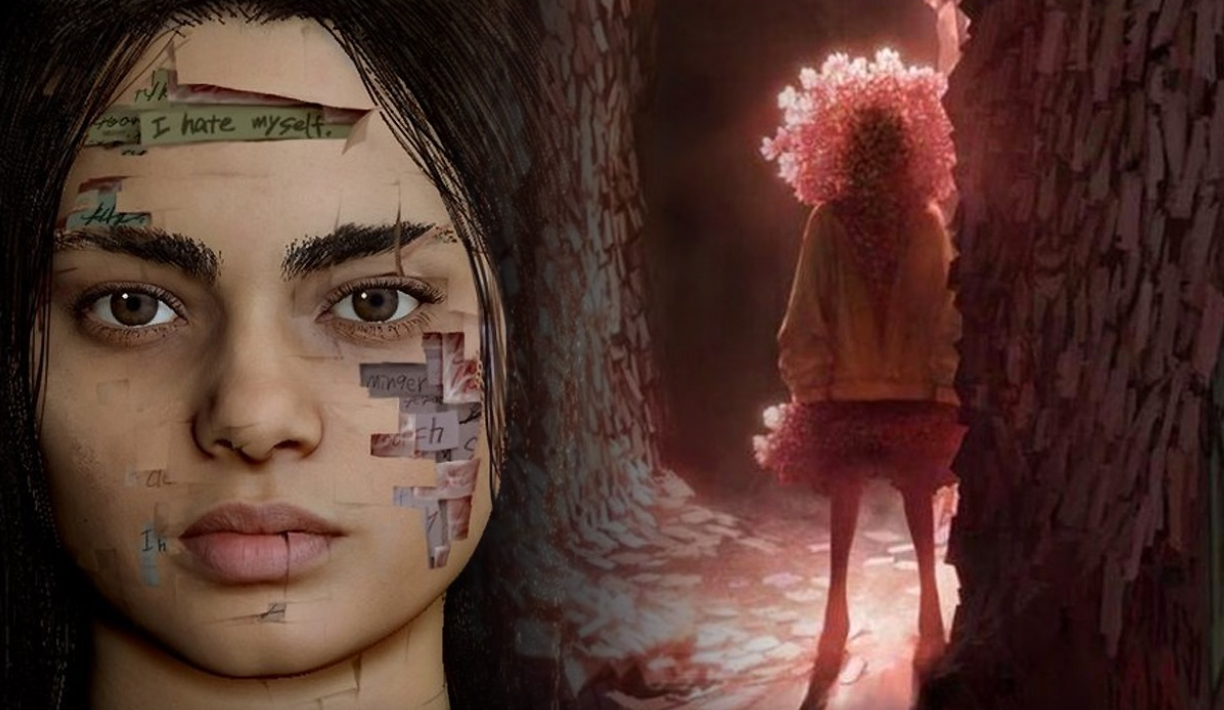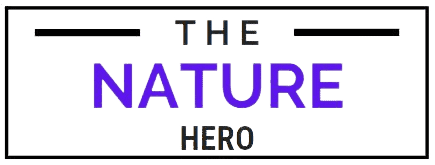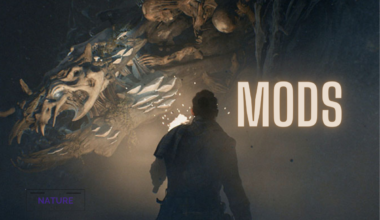In Silent Hill The Short Message, the monster, designed by Masahiro Ito, remains shrouded in mystery.
The creature’s name, origin, and connection to the protagonist, Anita, remain undisclosed, sparking various player theories.
While the full meaning is open to interpretation, the teaser glimpses into the upcoming Silent Hill 2 remake.
Continue reading to learn more about Monster in Silent Hill: The Short Message.
Table of Contents Show
Monster In Silent Hill The Short Message
Monsters are creepy and supernatural beings that threaten the main character, enhancing the horror atmosphere of the game.
These creatures, reflecting characters’ psychological fears, symbolize the dark forces and display the protagonist’s subconscious struggles.
Their nightmarish designs aim to evoke fear, making engaging with and also defeating them a key gameplay element.
Moreover, the teaser, Silent Hill: The Short Message, introduces a mysterious monster designed by Masahiro Ito.
Similarly, the teaser keeps the connection to the protagonist undisclosed, featuring cherry blossoms around its head, the creature’s name, and its origin.

Theories suggest it represents inner fears or the town’s secrets.
Additionally, its stalking behavior, signaled by radio static and whispers, adds suspense.
The creature’s design, featuring cherry blossoms symbolizes fragility and regeneration, suggests deeper themes.
However, its humanoid form may connect to darker aspects of humanity.
The teaser provides a glimpse into the Silent Hill 2 remake, promoting anticipation of the return of psychological horror.
While much remains open to interpretation, the full game is expected to reveal the monster’s true meaning.
Players Theories On Monster In Silent Hill The Short Message
The Silent Hill community has offered diverse theories on the monsters, revealing a deep level of analysis and interpretation.
Hence, here are common player theories on the monster:
1. Psychological Manifestations
People often see monsters as symbolic representations of characters’ psychological struggles.
They perceive them as external manifestations of inner demons, guilt, or suppressed emotions.
However, players analyze the visual characteristics of monsters to find symbolic representations of characters’ fears and anxieties.
Twisted and deformed appearances are to represent the distorted nature of characters’ thoughts.
Similarly, believers argue that the monster displays Anita’s inner rage, reflecting her guilt and unresolved trauma.
Cherry blossoms, often associated with lost innocence or the fragility of life, align with Silent Hill’s tradition of representing psychological burdens.
2. Influence Of Silent Hill’s Dark History
Discussions focus on how the town’s dark history influences the creation and nature of monsters.
Historical events, cult activities, and supernatural occurrences contribute to theories about these elements.
Players also suggest theories about how the design and behavior of monsters impact gameplay, contributing to the overall horror experience.
However, discussions revolve around whether certain monsters are deliberately designed to induce fear or present specific challenges.
Speculation surrounds the monster representing the town’s inherent darkness and suffering, preying on those who enter.
Its presence within the distorted apartment building strengthens this theory, with cherry blossoms representing pain and loss.

3. Homage To Japanese Lore
Some suspect the monster draws inspiration from Japanese folklore and mythology, referencing vengeful spirits or yokai.
Cherry blossoms’ cultural significance in Japan adds weight to this theory, aligning with Silent Hill’s history of using Japanese folklore.
Additionally, the monster’s design hints at themes or characters expected in the upcoming Silent Hill 2 remake.
Its connection to the larger Silent Hill universe suggests more significance than just a teaser.
4. Connection To The Fog World
Likewise, the theory suggests monsters are more dominant in the foggy alternate dimension of Silent Hill.
Debates revolve around whether these creatures are native to that realm or brought forth by the characters’ subconscious.
Monsters are theorized to play a crucial role in bringing the narrative, serving as symbolic elements enhancing psychological horror.
Therefore, the variety of monsters may represent different facets of the character’s psyche or their challenges.


